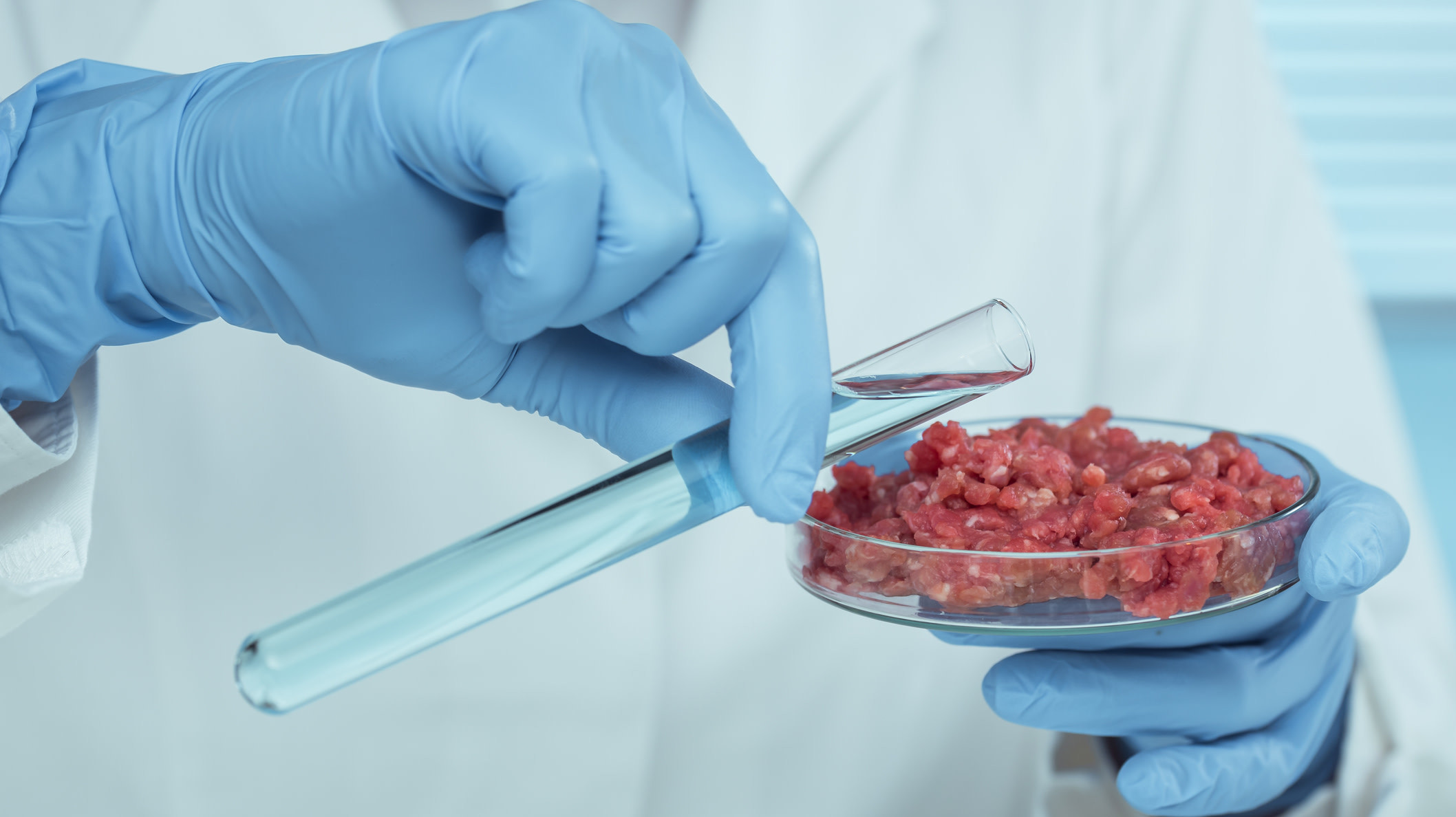Even A Quarantine Cannot Stop Food Innovation
Even though most offices shut down four months ago and have yet to reopen, the food biz can't stop, won't stop. After all, the pandemic is going to end someday and, as one the president of one food R&D lab told the website Food Dive, "If you come out of this COVID thing and have nothing in the pipeline, you're gonna be a year behind everyone else."
Nobody wants to be left behind. And so food innovation companies, like everyone else, have been adapting to the new world order. Food Dive talked to the leaders of several of these companies to find out how they've been managing.
The first thing to change was the supply chain. Instead of stockpiling products to ship, as they did in the past, companies have been manufacturing and shipping goods on an as-needed basis, which helps them deal with difficulties in travel, possible ingredient shortages, and erratic demand and do it with fewer workers.
Food packaging will also change. Instead of items that are meant to be served and shared, more things will come individually packaged. The intended message, said another food executive, is "This was made in a facility where food safety is top of mind. Nobody else has touched it. It's wrapped for your safety."
It's hard to work from home if your work is in a lab. Nonetheless, that's what some food R&D scientists are doing. In their home kitchens, they're required to follow all the same food safety and sanitation procedures they would in the lab, and everything they make is for internal use only, not for consumer testing. One company has a shuttle that transports ingredients and equipment to various employees' homes. Employees at another company leave products to evaluate on each other's doorsteps, which they'll discuss in calls later.
Meanwhile, investors are still funding these projects, but they're thinking about them differently. They'd rather put their money into products that will save the planet (like protein-based meat, for instance), and they're providing enough funds to get beneficiaries not just through the rest of 2020 but 2021 as well. With the economy in flux and with a presidential election coming up—which could mean a change in administration and in government policy—it's hard to plan ahead. But it doesn't stop Big Food from trying.
